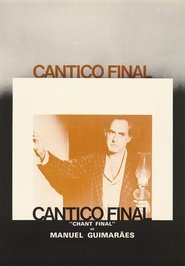detail profile rui lu c3 ads
Peran Yang Di Mainkan Rui Luís
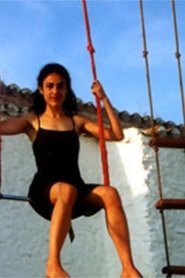 One bad thing never comes alone...
One bad thing never comes alone...O Rapaz do Trapézio Voador 2003
One bad thing never comes alone, says the people. The village Estrela is threatened by the waters of the new Alqueva dam. It will become an "island". But, as one bad thing never comes alone, the daily lives of the inhabitants of this small mountain village are changed by the death of Adriano. "In order to create, I destroyed myself; I have so much externalized within myself that within me I exist only outwardly. I am the living scene where various actors perform various plays." (from Livro do Desassossego by Fernando Pessoa), as Adriano liked to quote Adriano. He committed suicide on the day of the village feast, hanging himself in the main square. For Adriano, the main square of the village has long been the center of the world. Adriano felt surrounded, depressed, unable to escape his destiny. "No one can stop a man who travels with suicide on his lapel" Adriano repeated to Lisete, always to the point of exhaustion.
 A serious young man of free...
A serious young man of free...Love Torn in a Dream 2000
A serious young man of free spirit is forced by his surroundings to become rich at all costs. A group of blind children tries to open the eyes of the unbelievers to the Christian faith. Retired nuns who open a brothel, to pay the running costs of the convent. These rather ironic paradoxes turn this fairytale into a philosophical fable.
 Concerns an Irish woman Cathy Pauline...
Concerns an Irish woman Cathy Pauline...Bad 2000
Concerns an Irish woman, Cathy (Pauline Cadell), who dearly loves her Portuguese lawyer husband, Pedro (Rui Morisson); however, unbeknownst to her, he engages in one tryst after another. Cathy soon finds herself trying to help a young delinquent get off heroin, while the youth's desperate mother joins a weird religious cult. In other segments, an elderly man is nearly driven mad with grief at the loss of his granddaughter in a train station, while a down-and-out jeweler ushers the young girl to a hotel room.
 Rui Sequeira a former fighter in...
Rui Sequeira a former fighter in...Monsanto 2000
Rui Sequeira, a former fighter in the Colonial War, resident of a small village of Alentejo, celebrates another anniversary of the Carnation Revolution in the company of his wife and her daughter, the young Sara, with which he has a not so good relationship. On the night of the celebrations, the death of a friend forever alters his live, waking up a whole past long dormant.
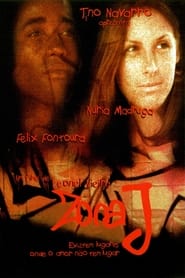 T a black boy from Zona...
T a black boy from Zona...Zona J 1998
Tó, a black boy from Zona J, a tough neighborhood in Lisbon, falls in love with a white girl, Carla. Tó dreams of living in Angola and taking Carla with him. However, the reality the two teens are in complicates their plans...
 Estefnia is an old rich strict...
Estefnia is an old rich strict...Manhã Submersa 1980
Estefânia is an old, rich, strict catholic woman, and when she sets her eyes on a couple of servants who have no means to bring up properly their youngest son, António, she decides to move her influences in order to make a priest out of him. The parents accept it, the local priest and even the Seminar's rector accept it, and António accepts it - if not for piety, for obeyance to his parents. Once time goes by, and António is out of rural misery and into the prison-like system of a seminar, doubts and anguishes mount within him.
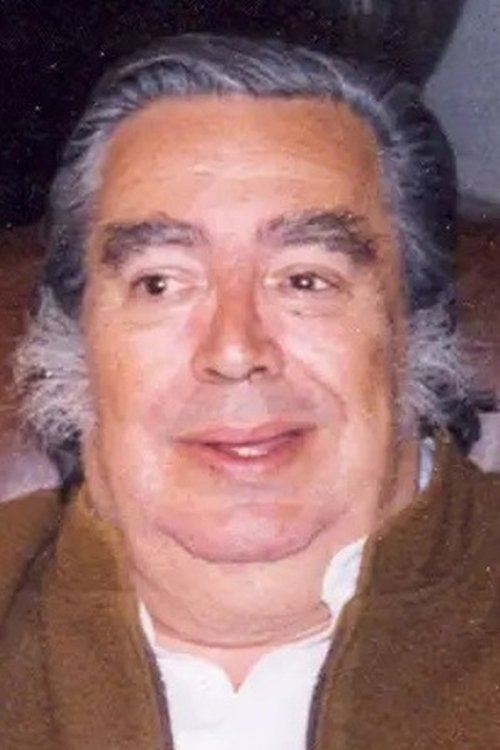
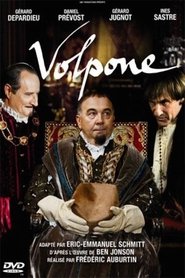 A version of Ben Johnsons play...
A version of Ben Johnsons play...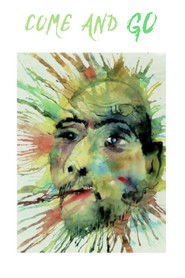 Joo Vuvu lives alone in a...
Joo Vuvu lives alone in a...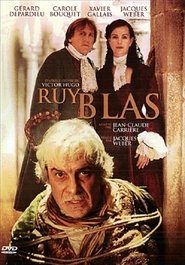 Chased out of the Spanish court...
Chased out of the Spanish court...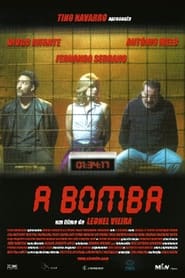 A group of innocent hostages is...
A group of innocent hostages is...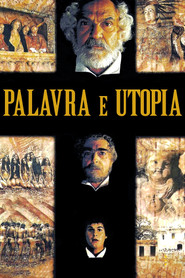 The story of Father Antonio Vieira...
The story of Father Antonio Vieira... The story of a family of...
The story of a family of... After having been in jail Manuel...
After having been in jail Manuel... An icecream seller lusts after the...
An icecream seller lusts after the...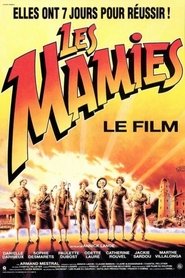 When 12 year old Alex runs away...
When 12 year old Alex runs away...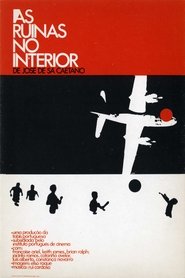 During World War II during a...
During World War II during a...